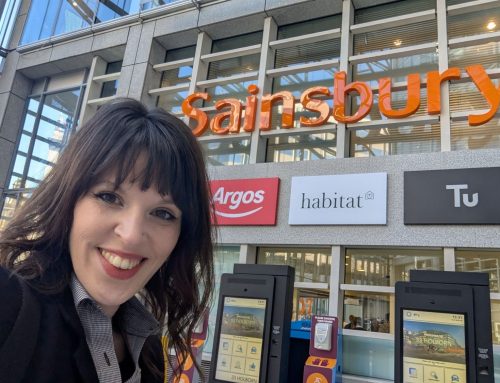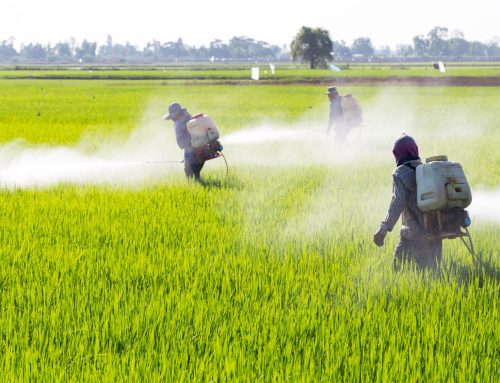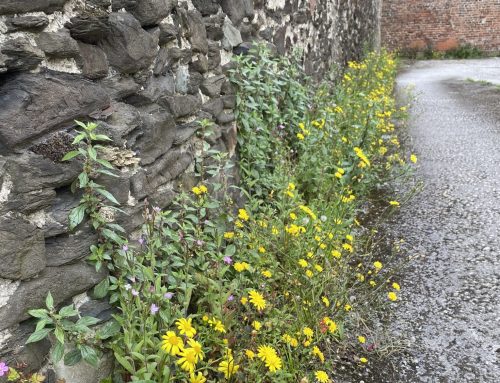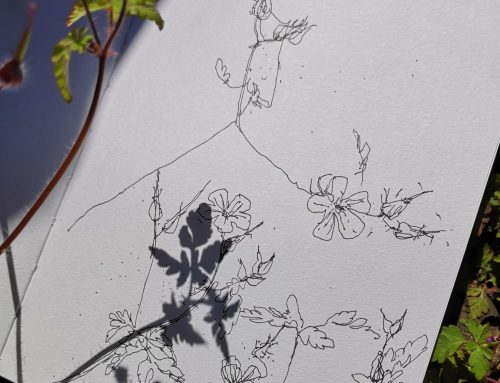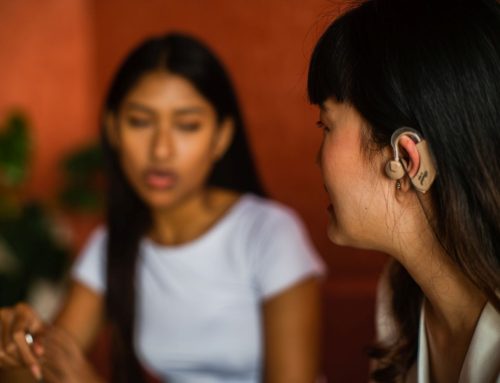by Sam Claydon, Communications Officer, PAN UK (19th September 2017)
PAN UK is working with partners and colleagues in Ethiopia to teach smallholder cotton farmers how to manage their fields using Integrated Pest Management (IPM) methods in order to move away from an over-reliance on pesticides. In a lucky turn of events, I was recently asked to visit a few of these communities in order to create training resources, using their experience and knowledge, to build capacity and reach.
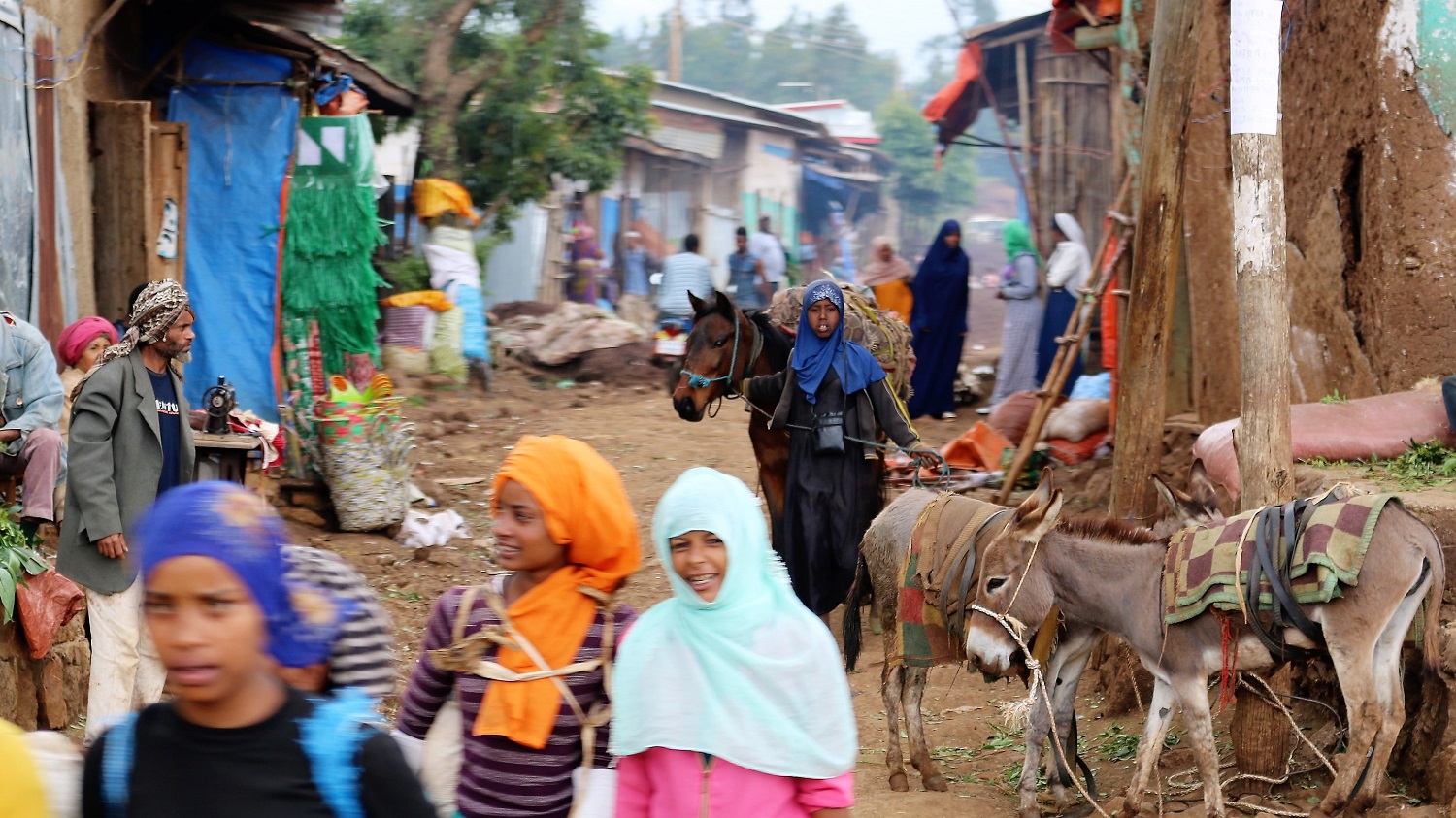 A village en route from Addis Ababa to Arba Minch
A village en route from Addis Ababa to Arba Minch
Ethiopia is a vibrant country full of colour, history and culture. It has a fast-growing population and the capital is overloaded, chaotic and undergoing colossal development and advancement. Travel out into the countryside, however, and the picture quickly changes. There is a stark lack of mechanisation and motorised transport (fields are generally ploughed using oxen and donkey carts are abundant). Life seems to consist of back-breaking hard work. It’s no wonder then, that rural communities have been easily convinced in the past to use pesticides on their crops. A quick fix to a pest problem is obviously very welcome.
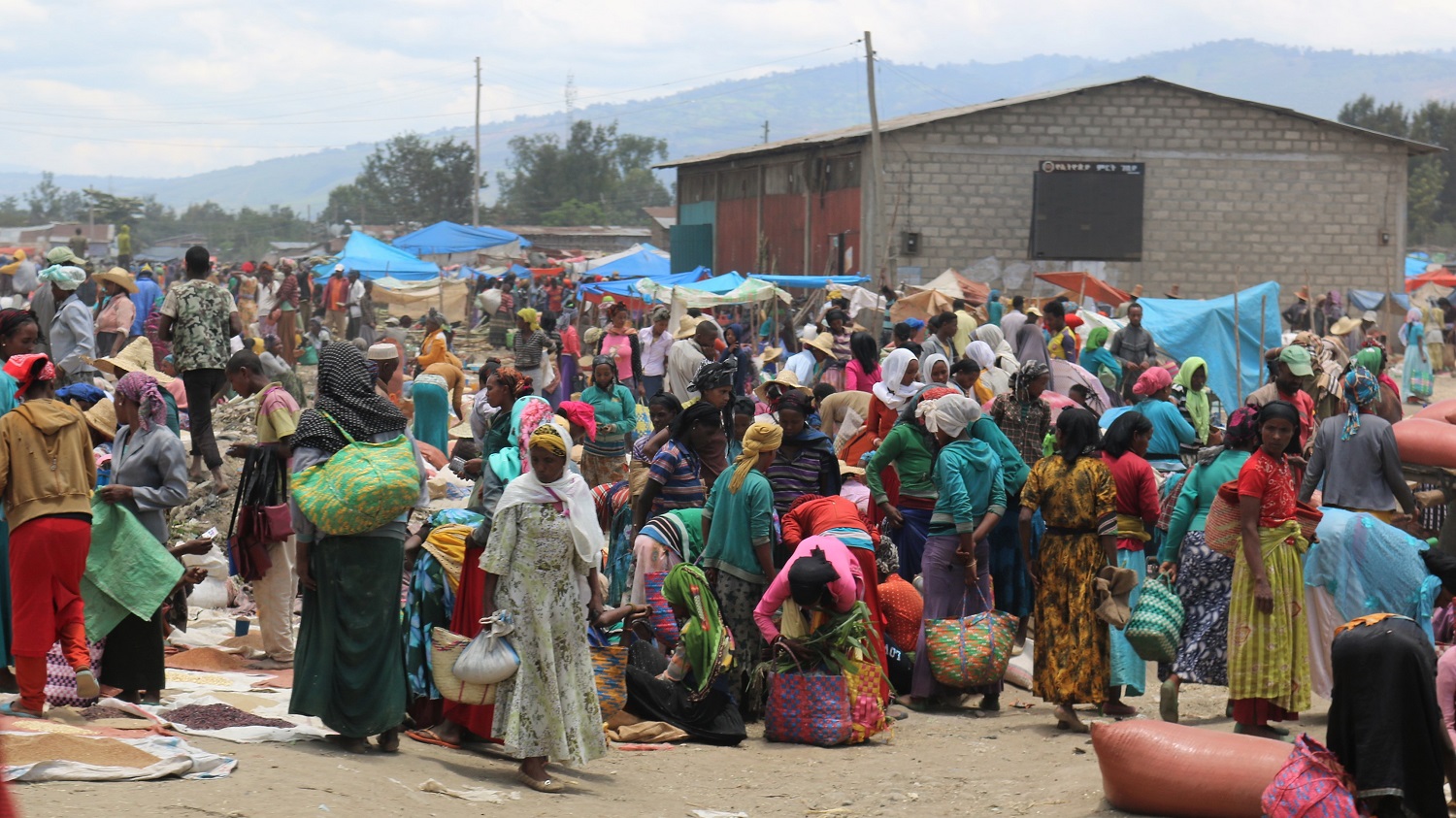 Market day
Market day
Travelling the eight hours from Addis Ababa to the southern region of Ethiopia near Arba Minch, I was expecting to see vast African expanses of impenetrable bush, but it turned out I was rather naive. Nearly every inch of the land was farmed and I saw many farmers spraying pesticides by hand, using old equipment and no protective clothing. The scale of pesticide use was clearly apparent and I felt despondent about the impacts this must be having on farmers’ health, the local wildlife and the environment. I also felt incensed that big businesses are making billions of dollars each year selling these chemicals, trapping smallholder farmers in a downward spiral of crop mismanagement, depression and financial ruin.
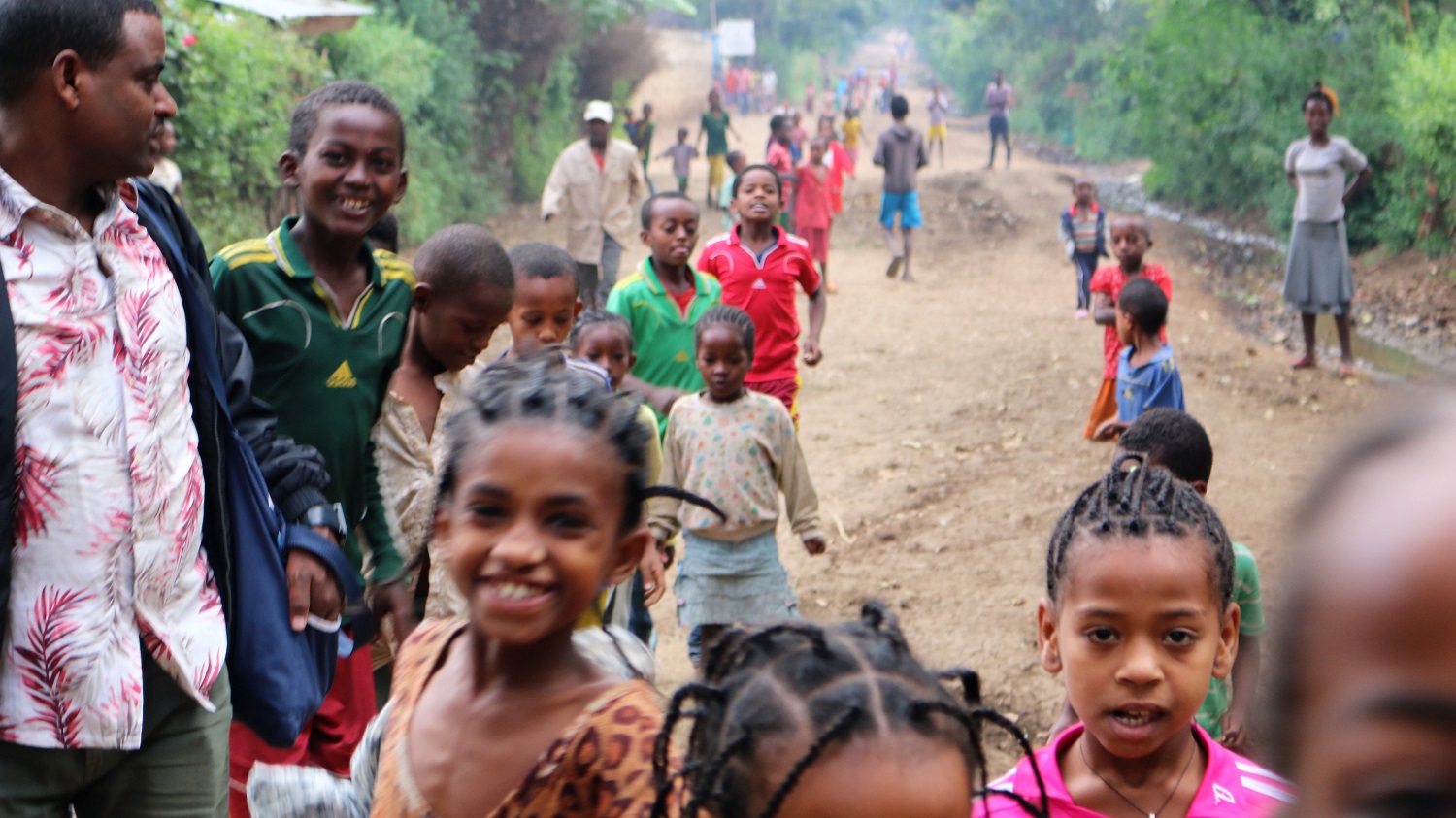 Visiting Chano Mille village to take part in a Farmer Field School
Visiting Chano Mille village to take part in a Farmer Field School
Farmer Field Schools in southern Ethiopia
The project, led by PAN and funded by TRAID and the JJ Charitable Trust, has set up Farmer Field Schools in the region. These take place on a weekly basis throughout the growing season and teach farmers how to grow cotton without pesticides. I visited a few of these field schools, which take place in local cotton field, and spent time filming the proceedings and interviewing the participants.
Farmers are extremely proud of their achievements. And rightly so.
Calls of “IPM”, “IPM” reverberated around the field and it took me a while to realise that farmers had turned the acronym for Integrated Pest Management into an endearing way of greeting each other as they arrived for training each morning. I was also surprised to see a number of female farmers participating. I had wrongly assumed it would be mostly men in attendance.
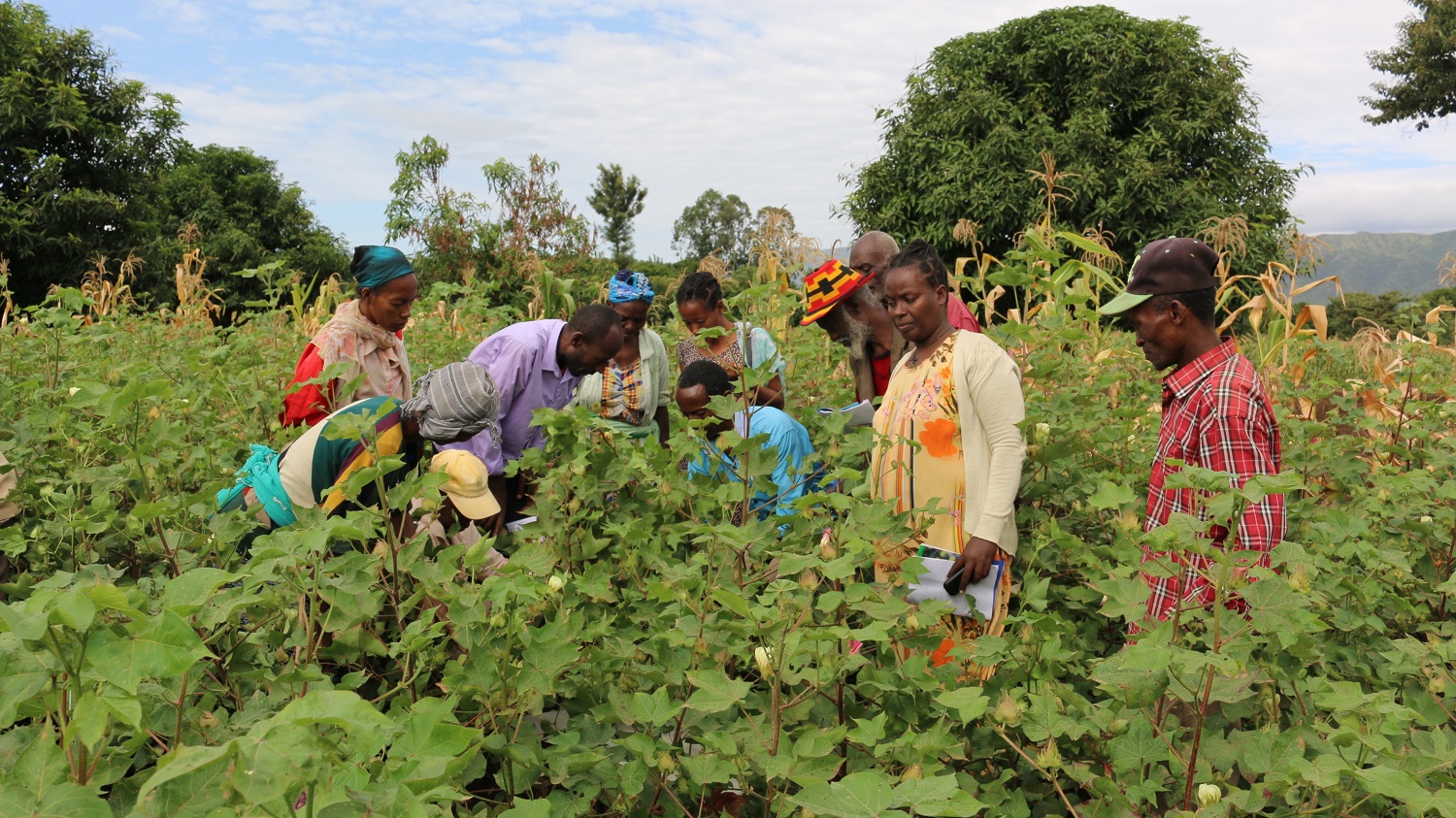 Farmer training on identifying pests and their natural predators
Farmer training on identifying pests and their natural predators
The first hour was spent examining the cotton crop and identifying and counting the pests and natural pest predators present. The farmers then came together as a group under a large tree with a couple of trained facilitators to discuss their findings and decide on a way forward. They also discussed soil and water health, and a number of other management practices. The joy of working and training together as a team was clearly apparent and farmers returned to their own fields inspired to put their learning into practice.
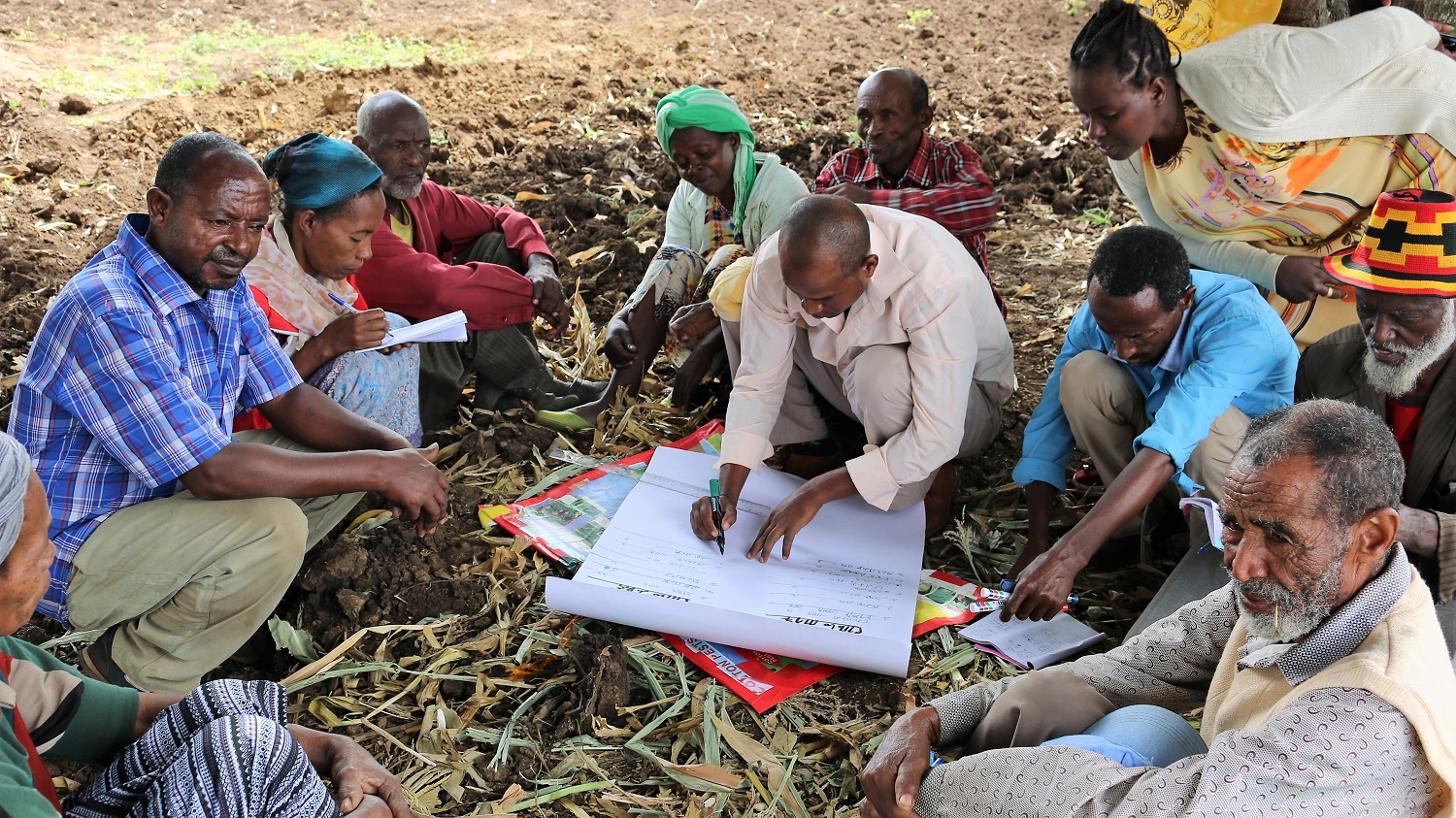 Discussing next step management options for the cotton field
Discussing next step management options for the cotton field
A number of farmers told me that they had previously considered all insects in their fields to be pests and were quick to spray pesticides. They had really enjoyed learning the difference between pests and predators and how to keep a natural balance of these in their crops. We often assume that people living off the land in rural communities have an inherent understanding of ecological principles and I was surprised to find out how much of this natural knowledge has been lost.
Agroecological cotton production requires problem solving skills and years of experience. Over 2000 farmers in the region have now benefited from training and can support each other in dealing with issues that arise. In addition, highly trained extension agents are on hand for advice and mentoring. Yield has doubled and income has increased.
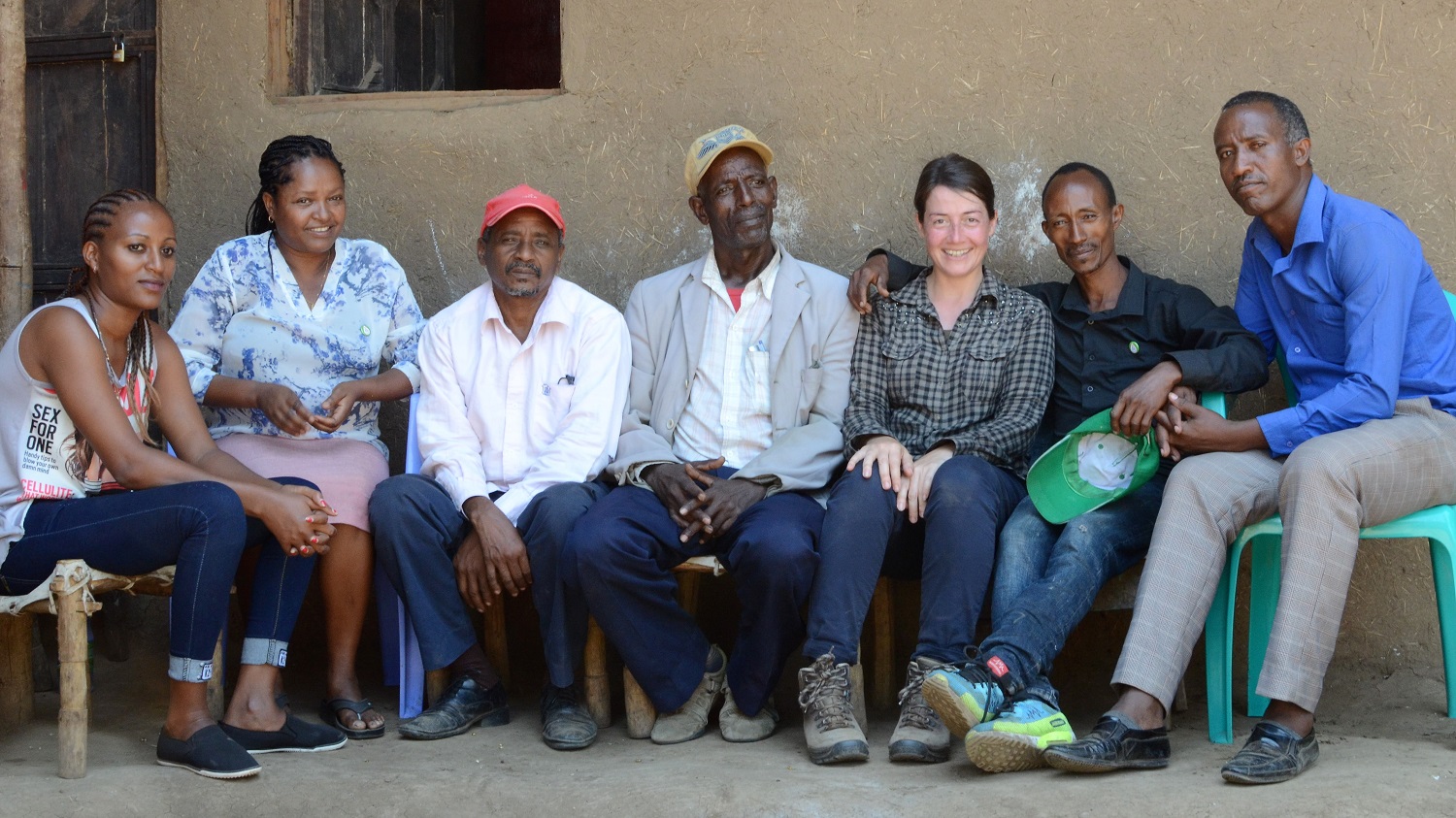 Shelle Melle Co-operative team meeting
Shelle Melle Co-operative team meeting
I visited a thriving organic cotton co-operative which has been set up in one village, with more to follow. They have also begun to sell organic cotton seeds and women are earning an additional income from spinning and weaving. A number of villagers have plans to work together to use this additional income to benefit their communities’ further, investing money into schools for example, or buying a lorry in order for farmers to transport their cotton to the Ethiopian capital.
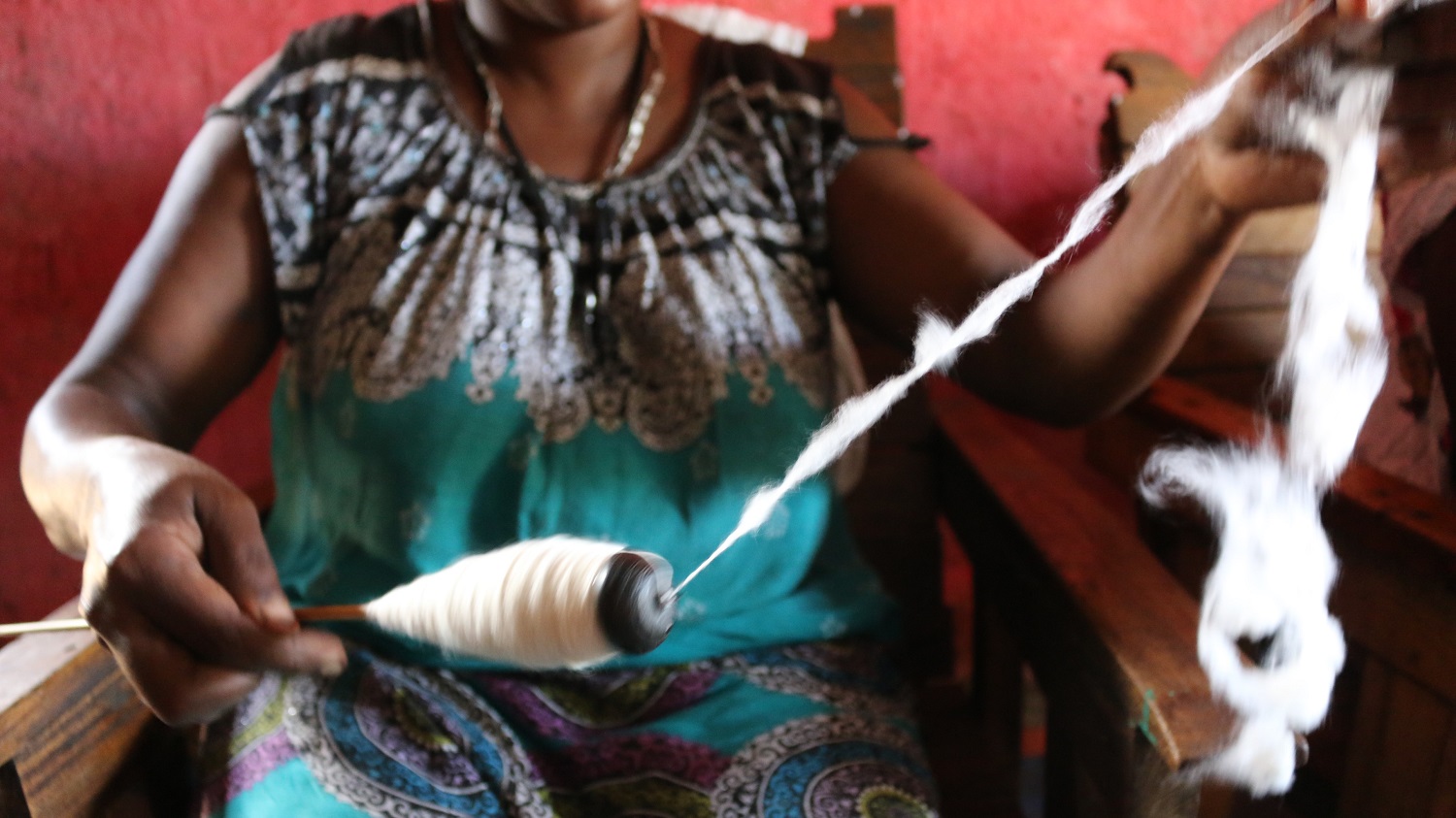 Local villager demonstrating cotton spinning
Local villager demonstrating cotton spinning
Feedback from farmers conveyed their overwhelming enthusiasm for this project and their gratefulness to all those involved. It has enlivened and strengthened communities, forming stronger bonds between villagers as they work together to improve their health, income and natural environment (I was excitedly shown buzzing bees in the fields a number of times – bees are only now starting to return after years of pesticide use – providing an extra income as farmers are also able to keep hives and sell honey).
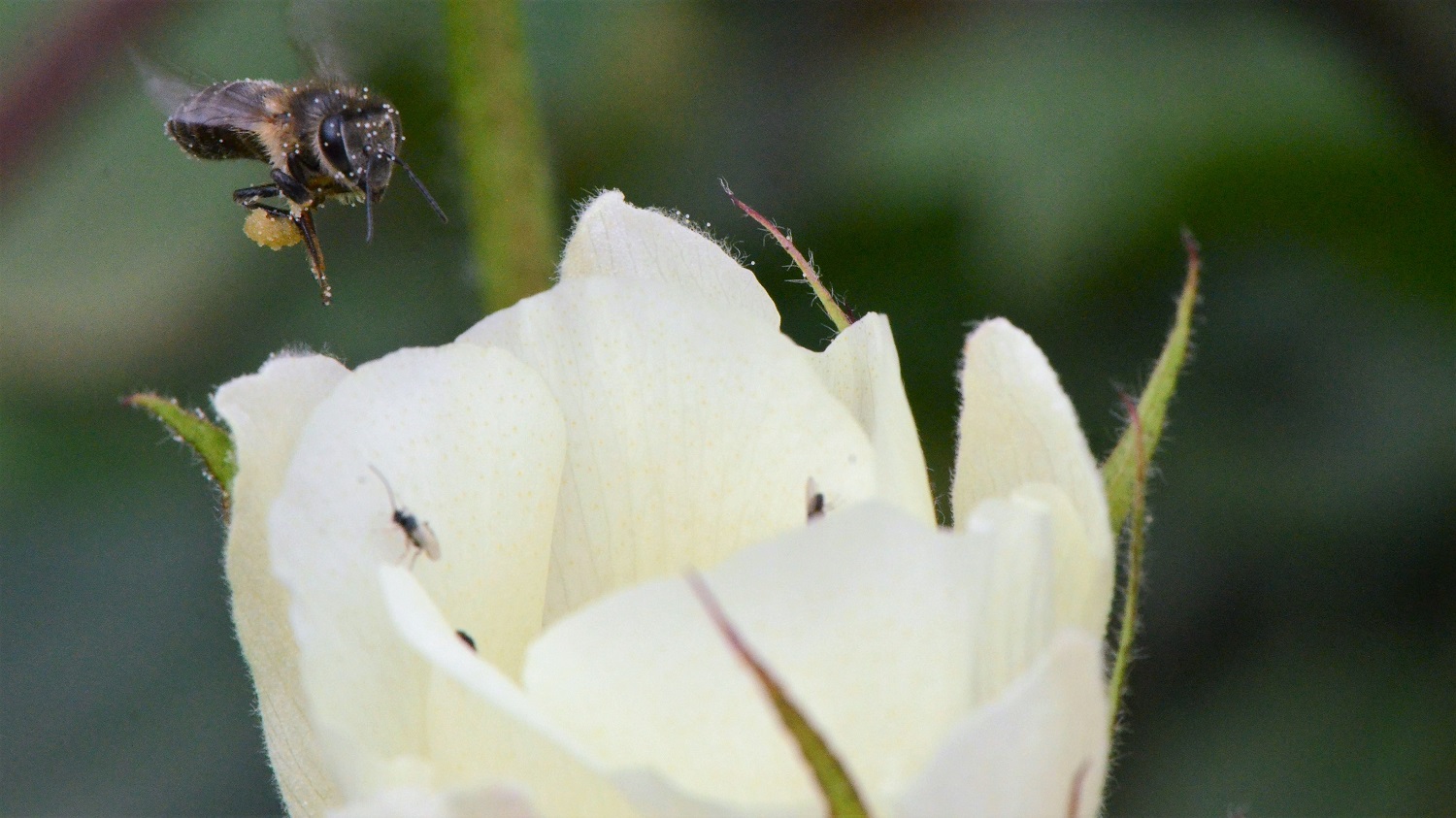 Honey bees are returning to the cotton fields and surrounds
Honey bees are returning to the cotton fields and surrounds
Hearing about a project of this kind can be inspiring, but visiting one yourself can be life-changing. Seeing the benefits to the local community first-hand and hearing their stories makes me even more passionate about the gains to be had in farming without pesticides. I’m proud to be a very small part of the struggle to remove these harmful chemicals from our future.
Please consider supporting us in our work.
We have a Just Giving page here, or do get in touch directly by email for more details.
Many thanks to the fantastic PAN-Ethiopia team for taking such good care of me and making my trip a memorable one.
Find out more about our work in Ethiopia here.

